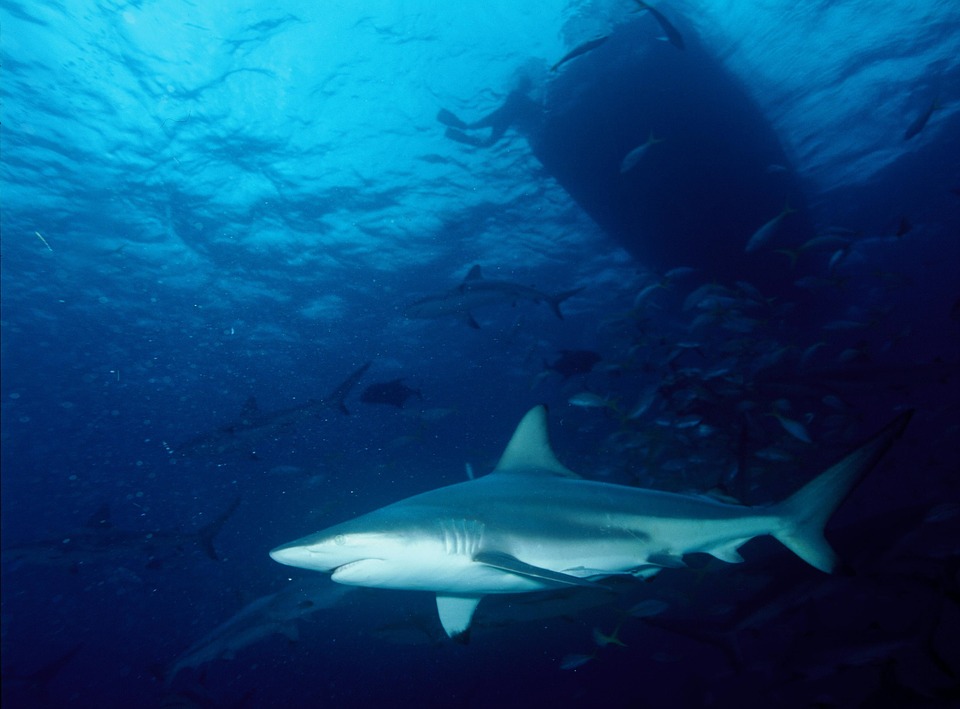November 17, 2017 — Between 63 million and 273m sharks are caught and killed every year, often as unintentional bycatch victims, the NGO Oceana said. But the conservation group hopes the use of technology demonstrated in a study released Thursday will help reduce that number, maybe leading to emergency hot spot fishing area closures or gear changes.
For more than three months in 2016, between June and September, Neil Hammerschlag, a professor at the University of Miami, and Austin Gallagher, a researcher at Beneath the Waves, another NGO, monitored the movements in the Atlantic Ocean — from the New England to the North Carolina coasts — of 10 blue sharks tagged with satellite tracking devices, according to an executive summary of the report.
Two of the sharks came in close proximity — within one kilometer– of likely fishing activity on no less than four occasions, the researchers found when they overlaid their movements with that of the more than 60,000 vessels tracked by Global Fishing Watch.
Read the full story at Undercurrent News

